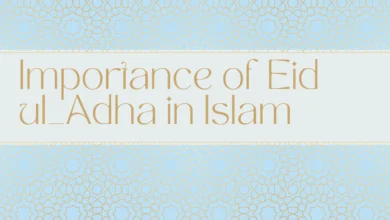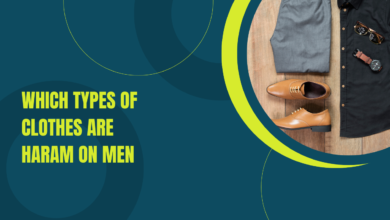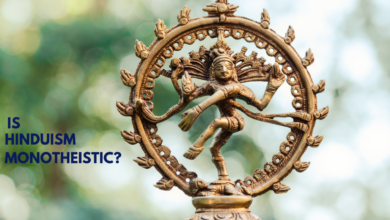Which of his children did Prophet Muhammad love the most?
Unveiling the Unconditional Love: Prophet Muhammad and His Beloved Children
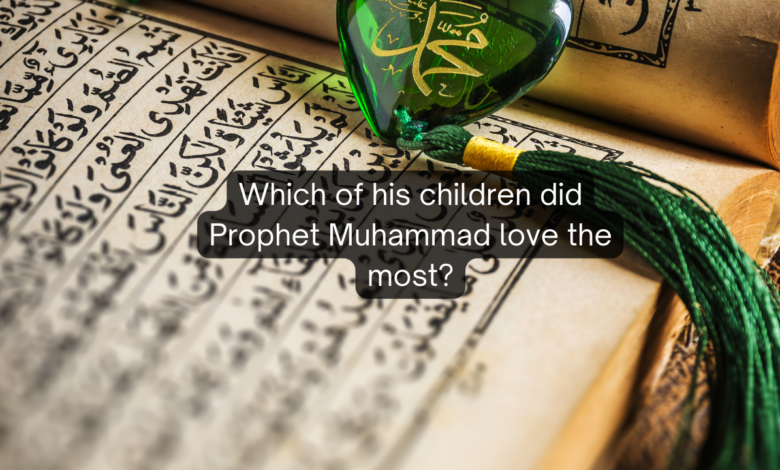
Which of his children did Prophet Muhammad love the most?
Yes, Prophet Muhammad had seven children: Qasim, Abdullah, Zainab, Ruqayyah, Umm Kulthum, Fatimah, and Ibrahim.

Introduction-Which of his children did Prophet Muhammad love the most?
Prophet Muhammad, peace be upon him, is not only the last and final prophet of Islam but also a role model for Muslims around the world. His life and teachings continue to inspire and guide generations. One aspect of his life that often draws curiosity is his relationship with his children. Among his numerous offspring, one question frequently arises: which of his children did Prophet Muhammad love the most? This question may seem straightforward, but the answer lies in the profound and unconditional love he had for all his children.
Prophet Muhammad’s Children
Prophet Muhammad had a total of seven children, six with his first wife Khadijah bint Khuwaylid and one with his later wife Maria al-Qibtiyya. His children were named Qasim, Abdullah (known as Al-Tahir and Al-Tayyib), Zainab, Ruqayyah, Umm Kulthum, Fatimah, and Ibrahim.
Each of his children held a special place in his heart, and he demonstrated his love for them in various ways. The Prophet’s love for his children was not about favoritism but about the deep, paternal affection he had for each of them.
Also check.

- What Is Islamism
- Are Bitmoji haram in Islam? why? Guide 2023
- Prophet’s LifeHow Many Wives Did Prophet Muhammad Saw Have?
Qasim and Abdullah
Qasim and Abdullah were the sons of Khadijah and the first two children of the Prophet. Qasim passed away at a young age, and Abdullah also left this world in infancy. Despite their short lives, the Prophet undoubtedly loved them deeply. Abdullah, in particular, was known as “Tayyib” (the good) and “Tahir” (the pure), signifying the Prophet’s affection for him.
Zainab, Ruqayyah, and Umm Kulthum
Zainab, Ruqayyah, and Umm Kulthum were the Prophet’s daughters born to Khadijah. They held a special place in his heart, and he showed immense love and care for them. When Zainab, Ruqayyah, and Umm Kulthum faced difficult circumstances in their marriages, the Prophet supported and comforted them, reflecting his fatherly love and concern.
Fatimah
Fatimah, the youngest daughter of the Prophet, is perhaps the most renowned among his children. Her devotion to her father and her husband, Ali ibn Abi Talib, makes her a symbol of piety and virtue in Islamic history. The love between Prophet Muhammad and Fatimah is often highlighted through various Hadiths (sayings and actions of the Prophet), where he praised her as “a part of himself.” Their bond was marked by mutual affection and respect.
Ibrahim
Ibrahim was the Prophet’s son born to Maria al-Qibtiyya, a concubine who was gifted to the Prophet. Although Maria was not a wife in the traditional sense, the Prophet cared for her and their son, Ibrahim. Tragically, Ibrahim passed away at a young age, causing great grief to the Prophet. This incident reflects the depth of the love he had for his children, regardless of their maternal lineage.
Conclusion
The question of which of his children Prophet Muhammad loved the most is not about singling out one child as a favorite. Rather, it is about understanding the depth of his love and compassion as a father. The Prophet’s love for his children was unwavering, unconditional, and equal. Each child had a unique place in his heart, and he showered them with affection, care, and guidance throughout their lives.
Prophet Muhammad’s love for his children serves as a timeless example for parents everywhere. It emphasizes the importance of treating all children with love and fairness, regardless of their gender or circumstances. His love was not bound by favoritism; it was bound by the purest form of paternal love that transcends time and continues to inspire generations of Muslims to this day.
FAQs-Which of his children did Prophet Muhammad love the most?
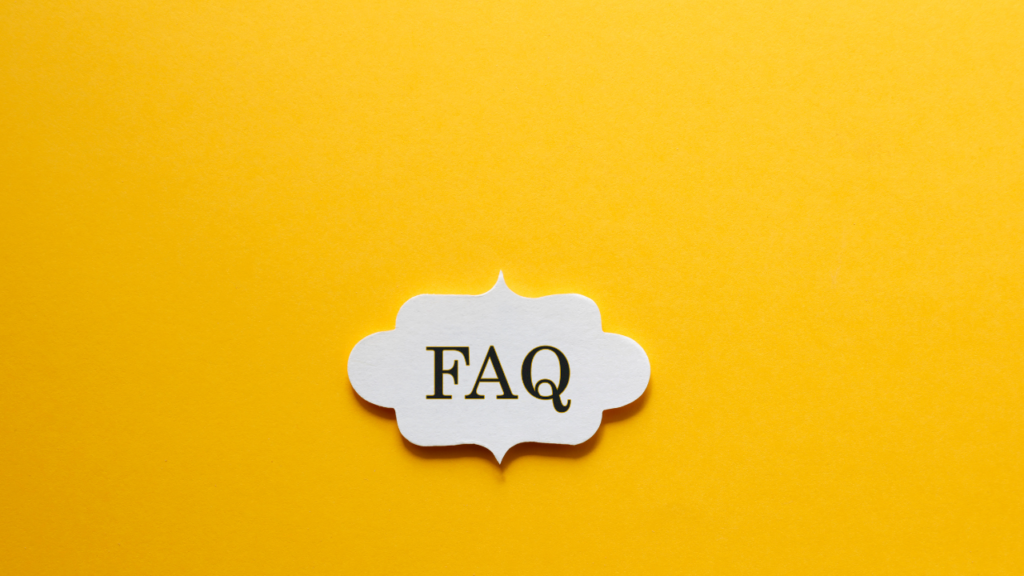
Did Prophet Muhammad have any children?
Yes, Prophet Muhammad had seven children: Qasim, Abdullah, Zainab, Ruqayyah, Umm Kulthum, Fatimah, and Ibrahim.
Did the Prophet have a favorite child among his children?
No, there is no historical evidence to suggest that Prophet Muhammad had a favorite child. He loved all his children deeply and equally.
Were all of Prophet Muhammad’s children from the same wife?
Most of Prophet Muhammad’s children were from his first wife, Khadijah bint Khuwaylid. However, his son Ibrahim was born to Maria al-Qibtiyya, a concubine who was gifted to him.
How did Prophet Muhammad show his love for his children?
The Prophet demonstrated his love for his children through affectionate words, actions, and guidance. He comforted them in times of difficulty, spent quality time with them, and supported them emotionally.
Are there any specific Hadiths or stories that illustrate the Prophet’s love for his children?
Yes, there are several Hadiths (sayings and actions of the Prophet) and stories that highlight his love for his children, particularly his close bond with his daughter Fatimah.
How did Prophet Muhammad react to the loss of his children, such as Qasim, Abdullah, and Ibrahim?
The Prophet Muhammad faced the loss of his children with great patience and faith. He grieved for them and displayed genuine sorrow, as it is natural for a parent to do so when losing a child.
What lessons can parents learn from Prophet Muhammad’s love for his children?
Parents can learn the importance of unconditional love, fairness, and compassion in their relationships with their children. The Prophet’s example emphasizes treating all children equally and with kindness.
How can we incorporate the teachings of Prophet Muhammad into modern parenting?
Modern parents can draw inspiration from the Prophet’s love and guidance for his children by nurturing strong, loving, and respectful relationships with their own children. This includes providing emotional support, spending quality time, and offering guidance based on Islamic values.
What is the significance of Prophet Muhammad’s love for his children in Islamic teachings?
Prophet Muhammad’s love for his children serves as a model for Islamic parenting, emphasizing the importance of family bonds and nurturing the emotional well-being of children. It highlights the concept of love and compassion within the Islamic framework.
How can we apply the lessons from Prophet Muhammad’s parenting in our daily lives?
We can apply these lessons by striving to be loving and fair parents, nurturing strong family bonds, and instilling Islamic values in our children’s lives. Emulating the Prophet’s love and guidance is a way to lead by example in our parenting journey.

